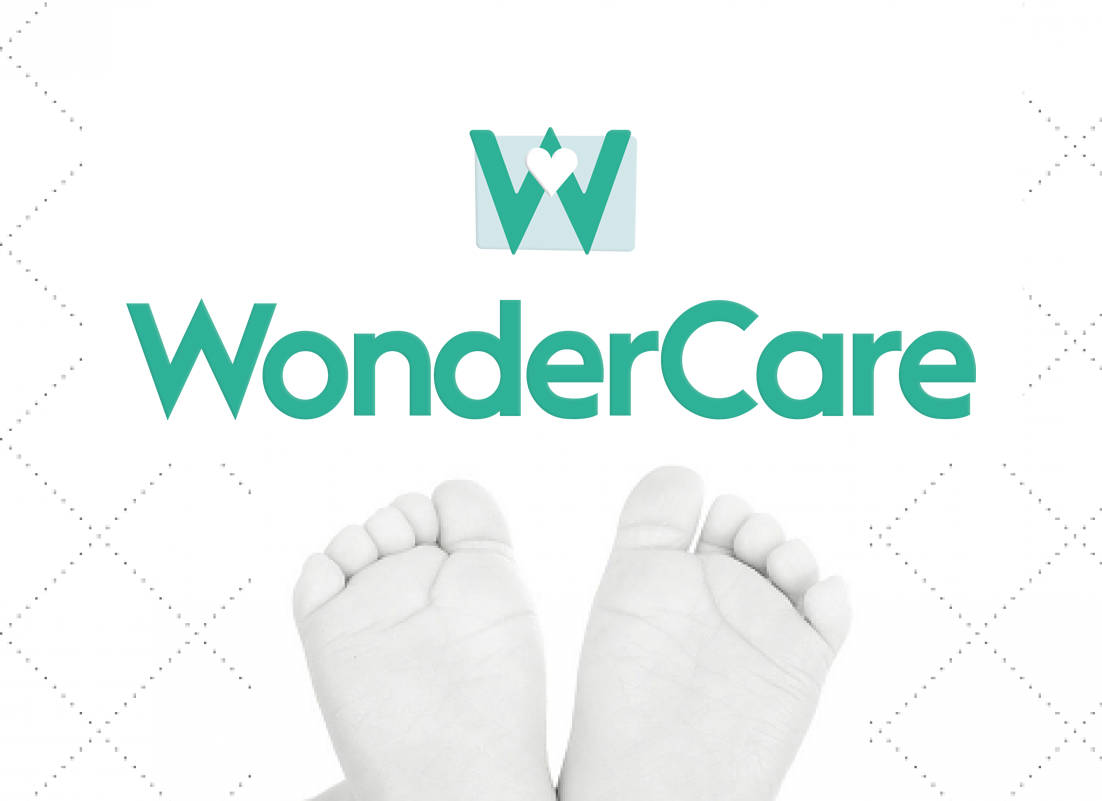World Health Organisation Guidance

Breast milk is the ideal food for infants. It is safe, and clean and contains antibodies which help protect against many common childhood illnesses. Breast milk provides all the energy and nutrients that the infant needs for the first months of life, and it continues to provide up to half or more of a child’s nutritional needs during the second half of the first year, and up to one-third during the second year of life.
If you do not have COVID-19 you should breastfeed as normal, just remember to use all of the recommendations for good hand hygiene such as washing your hands, the use of alcohol-based hand gel and social distancing (obviously only when possible).
We still do not know if a pregnant woman with COVID-19 can pass the virus to her foetus or baby during pregnancy or delivery. To date, the virus has not been found in samples of amniotic fluid or breastmilk. The HSE states that ‘ There has been no evidence of virus transmission in breastmilk from previous experience with other coronaviruses such as SARS CoV or MERS CoV and therefore the risk of transmission through breast milk is likely to be low. ‘
Mums who have Covid-19

Women with COVID-19 can breastfeed if they wish to do so. They should:
- Practice respiratory hygiene during feeding, wearing a mask where available. Masks are available for online orders by clicking here.
- Wash hands before and after touching the baby;
- Routinely clean and disinfect surfaces they have touched.
If you have Covid-19 and are feeling too unwell to breastfeed you should be supported to safely provide your baby with breast milk in a way which is possible, available and acceptable to you:
This could include:
- Expressing milk; (my link on how to store it here!)
- Relactation;
- Donor human milk.
The HSE say ‘You may decide to express breast milk so that someone else can feed your baby if you feel too unwell. This is usually your partner or a close family member. Your healthcare team may also advise you that this is the safest way to feed your baby.
When you are at home ask everyone in the household to adhere to the following guidelines:
- Regularly and thoroughly clean your hands with an alcohol-based hand rub or wash them with soap and water. Why? Washing your hands with soap and water or using alcohol-based hand rub kills viruses that may be on your hands.
- Maintain at least a 1 metre (3 feet) distance between yourself and others. Why? When someone coughs, sneezes, or speaks they spray small liquid droplets from their nose or mouth which may contain the virus. If you are too close, you can breathe in the droplets, including the COVID-19 virus if the person has the disease.
- Avoid going to crowded places. Why? Where people come together in crowds, you are more likely to come into close contact with someone who has COVID-19 and it is more difficult to maintain a physical distance of 1 metre (3 feet).
- Avoid touching eyes, nose and mouth. Why? Hands touch many surfaces and can pick up viruses. Once contaminated, hands can transfer the virus to your eyes, nose or mouth. From there, the virus can enter your body and infect you.
- Make sure you, and the people around you, follow good respiratory hygiene. This means covering your mouth and nose with your bent elbow or tissue when you cough or sneeze. Then dispose of the used tissue immediately and wash your hands. Why? Droplets spread the virus. By following good respiratory hygiene, you protect the people around you from viruses such as cold, flu and COVID-19.
- Stay home and self-isolate even with minor symptoms such as cough, headache, and mild fever, until you recover. Have someone bring you supplies. If you need to leave your house, wear a mask to avoid infecting others. Why? Avoiding contact with others will protect them from possible COVID-19 and other viruses.
- If you have a fever, cough and difficulty breathing, seek medical attention, but call by telephone in advance if possible and follow the directions of your local health authority. Why? National and local authorities will have the most up-to-date information on the situation in your area. Calling in advance will allow your healthcare provider to quickly direct you to the right health facility. This will also protect you and help prevent the spread of viruses and other infections.

I hope you have found this article helpful and if you have any questions at all please don’t hesitate to contact me by sending a private message to the WonderCare Facebook page or my website contact page or by calling me (Sheena) at Milltown totalhealth Pharmacy in Dublin 6 on 012600262.
References accurate 24/4/20
- World Health Organisation
- Health Service Executive Ireland
 Free Delivery Over €40
Free Delivery Over €40
 Free Click & Collect
Free Click & Collect
 Earn Points
Earn Points




